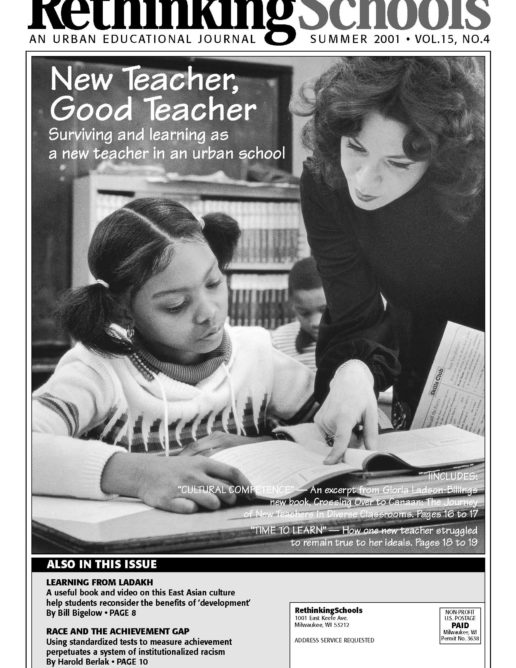Preview of Article:
Ohio Teachers Give Tests an ‘F
National Board Certified Teachers Believe the state's testing policies are doing far more harm then good.
Ninety-six percent of respondents believed (76 percent strongly) that standardized tests are not the best assessment of student success and 91 percent feel (74 percent strongly) that teachers’ assessments are better than standardized tests. Moreover, National Board Certified Teachers believe, overwhelmingly, that standardized tests are not a strong predictor of student success (91 percent, 68 percent strongly), that standardized tests are a weak predictor of students’ creativity (97 percent, 89 percent strongly), and that standardized tests are not a strong predictor of students’ success in college (85 percent, 62 percent strongly).
An overwhelming majority of the teachers felt strongly that certain groups in particular are experiencing less academic achievement as a result of standardized tests. Ninety-four percent (60 percent strongly) believe this is the case with children of color and 93 percent (65 percent strongly) with low-income children.
Teachers were also consistent in their lack of support for policies that penalized for low-test scores. Ninety-six percent of teachers (89 percent strongly) believed that teachers should not be financially rewarded for high standardized test scores or penalized for low test scores (97 percent, 94 percent strongly). Moreover, 97 percent (94 percent strongly) believed that state funding should not be based upon test scores.
EDUCATIONAL POLICY
National Board Certified Teachers were asked who “should” and who “is” having a major voice in the development of educational policy in Ohio. Every teacher (100 percent) believes that teachers should have a major voice in the development of educational policy, but only 20 percent believe that teachers currently do have a major voice. A large majority of respondents (80 percent) indicated that parents should have a major voice, but only 21 percent said that parents do play a role. Some 99 percent believe that legislators have the greatest voice in the development of educational policy, while only 21 percent believe they should.
Overwhelmingly, the survey respondents (83 percent or more) said that the Ohio Department of Education had the greatest influence on curriculum (95 percent), that education policy in Ohio was headed in the wrong direction (85 percent), and that the newest reform efforts would not motivate teachers to do a better job (84 percent). A large majority of teachers believed that their opinions were not respected by the State Department of Education (66 percent).</p

